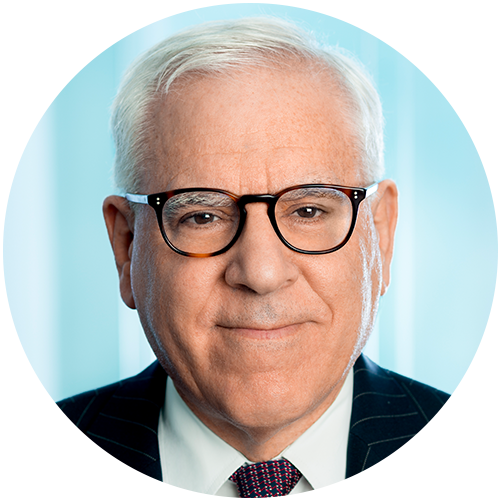ElectionWatch 2024
Investment insights on the US elections as we count down to November
Biden with a Democratic Senate and House
Blue sweep
Blue sweep
A Democratic sweep would likely be the most negative outcome for equity markets, primarily due to a higher probability of higher corporate tax rates. The expiration of some 2017 personal tax cuts could also be a small drag on consumer spending. Regulatory pressures could increase in some industries, but this would generally be more of an extension of the status quo.
Republican Senate and Democratic House
Biden with split Congress
Biden with split Congress
If Biden wins but Congress is split, we would expect much more limited policy changes, and therefore a more muted impact on financial markets. A Biden administration would be obliged to rely on executive action and regulatory oversight to a great degree.
Trump with a Republican Senate and House
Red sweep
Red sweep
An extension of the 2017 tax cuts would be likely with a possible further reduction in corporate tax rates. Funding for these initiatives might come from a reduction in support for green energy provisions of the Inflation Reduction Act. Equity markets would likely cheer lower taxes and lighter regulation, but this could be partially offset by concerns about the costs and inflation impacts of higher tariffs and trade wars. Interest rates and the dollar would likely rise initially. Financials stand out as key potential beneficiaries in this scenario due to lighter regulation.
Republican Senate and Democratic House
Trump with split Congress
Trump with split Congress
With major fiscal policy changes blocked by a split Congress, higher tariffs and lighter regulation would likely be the hallmarks of this election outcome. Overall, these two forces would have a mixed impact on equity markets. The dollar and interest rates would likely rise modestly. Financials would likely be key beneficiaries of lighter regulation.
UBS Road to the Election
In this series, we sit down with research analysts and political experts to examine key election topics. Tune in for new episodes on Thursdays at 4:30 p.m. ET.

Gas at the polls
27 Jun 2024
Gas prices—a key election theme—will be top of mind for voters when they cast their ballots this November. But how much of an impact do elections really have on them? Stacey Morris, Head of Energy Research at VettaFi, explains.

Economics vs. politics
30 May 2024
Election conversations often focus on market reactions to a red or blue wave. Is there a correlation? Why, or why not? Josh Snyder, Global Investment Strategist at GQG Partners, shares insight into what impact, if any, the outcome could have on portfolios.

Implications for the EU
20 Jun 2024
US elections could impact European trade policies, defense budgets, and overall economic growth. Dean Turner, UK Economist CIO, UBS Global Wealth Management, looks at how different outcomes could affect these key areas.
Energy and policy
25 Apr 2024
Energy is the lifeblood of the economy, and a hot button topic for the election. What could the November outcome mean for EVs, wind and solar energy, the Inflation Reduction Act, and even the gas pump? Jay Dobson, CIO Energy and Utilities Sector Strategist, weighs in.













